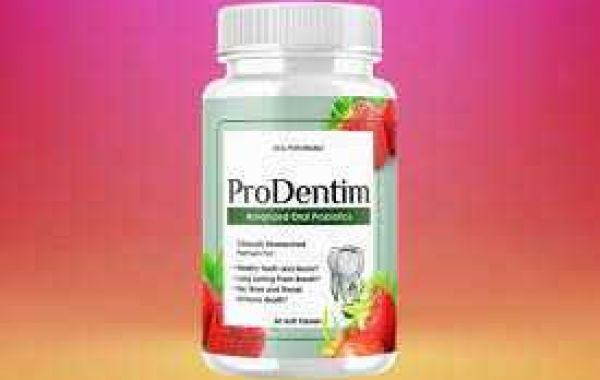Ephedrine and its Role in Nasal Decongestants: Tips for Allergy Season
As allergy season approaches, many individuals may find themselves reaching for nasal decongestants to alleviate their symptoms. One common ingredient found in these medications is ephedrine, a compound that can help to relieve nasal congestion and improve breathing.
Ephedrine works by constricting blood vessels in the nasal passages, reducing swelling and allowing for easier breathing. It is important to note, however, that ephedrine should be used with caution, as it can have potential side effects such as increased heart rate and blood pressure.
When using nasal decongestants containing ephedrine, it is important to follow the recommended dosage and usage instructions provided by the manufacturer. It is also advisable to consult with a healthcare professional before using these medications, especially for individuals with pre-existing medical conditions or those taking other medications.
In addition to using nasal decongestants, individuals suffering from allergies can also benefit from other strategies such as avoiding allergens, using air purifiers, and staying indoors during peak pollen times.
By being mindful of the role of ephedrine in nasal decongestants and following these tips, individuals can effectively manage their allergy symptoms and enjoy the season with minimal discomfort.








